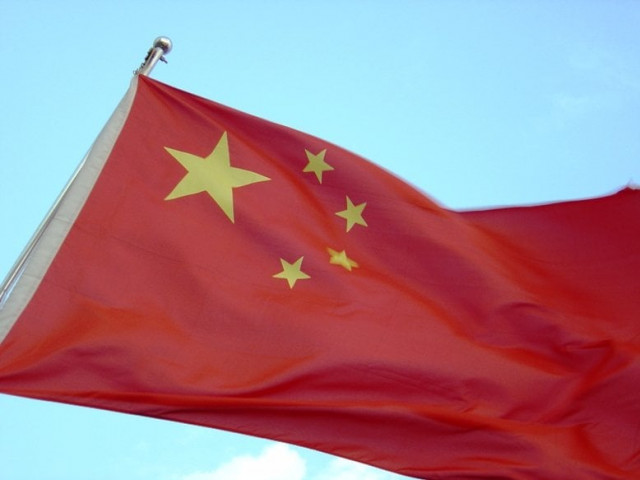China’s advice to Pakistan: peaceful development
Vice President Li Yuanchao says South Asia capable of rapid growth.

“China cannot be called an active player in the ME. Such a role is wrongly (attributed to it) by some foreigners” says Li Yuanchao. PHOTO: FILE
China is already the world’s second largest economy, after the United States, and some say it has set a target of surpassing the combined economies of the US, EU and Japan by the time the nation celebrates its diamond jubilee in 2049.
By the time that landmark date comes around, China also aims to become the world’s leading technological power and the main force in global innovation and scientific development.
There have been challenges along the way, and the global recession in particular took a toll on China’s export-oriented growth model, a model that had achieved a stunning growth rate of 9% for the Chinese economy. The recession slowed this rate down, but China responded by trying to boost domestic demand and upgrading the quality of its products.
Thus, when China speaks, the world listens. And at a lunch hosted by China’s vice minister Ai Ping for a 14-member delegation of journalists, writers and parliamentarians round the world, there were many opportunities to both listen and speak.
Even as its international clout grows, China has been careful to avoid the kind of entanglements that have characterised superpower policy. Of course, that’s a term that the Chinese leadership chooses not to use, as one questioner discovered.
“The word ‘Super power’ gives an impression of hegemony,” said Ai Ping, interrupting the questioner before he could finish.
The lunch was followed by a meeting with Chinese Vice President Li Yuanchao, and after expressing his best wishes for the new government, he too repeated the Chinese refrain, that Pakistan should go for ‘peaceful development’ above all else.
In a characteristically oblique reference to regional conflicts, the VP said that while South Asia had enormous potential for rapid development, “the shadows cast by war cannot be lifted overnight. To address these issues needs patience and good will.” he said in an apparent reference to the situation in Afghanistan and the region.
Without specifying the contentious issues in South and South East Asia, he said the problems will not be easily resolved but that regional countries should strive for peace to achieve development. “We seek the common development of Asia”, he added.
That’s certainly been China’s domestic approach. Giving examples of his country and its goals, he said that by 2020 China will be a moderate income country and by 2049 a prosperous nation. “We believe that there should be equal opportunities for all. We say to our people if you want a better life, you have to work hard. Be innovative and set up (new) businesses”.
“Every day in China is a new China,” he continues. “If you go to a city after a little while, you cannot recognize it. That’s how rapid the change is.”
All the officials in China during the 10-day visit had similar views when it comes to their country and its goals.
The Chinese vice Minister Ai Ping during a candid interaction said “Our dream is to rejuvenate the Chinese nation. We are still at an initial stage. Still a lot of work has to be done”.
He said that while China’s economy is now the second largest in the world, per capita income is still below the world average. Despite its rapid progress, Chinese officials admit the country has many problems. With unbalanced growth, there is a huge gap between rural and urban incomes, Zaho Bingbing deputy director general of Policy Planning, said during a briefing.
“Our success is rescuing 400 million people from poverty in 20 years” said Professor Pan We from Peking University. .
In the year 2000, he said the country’s social spending was merely 1 percent of the GDP but in 2013 that figure stands at 12 percent, another remarkable achievement in ameliorating the sufferings of under-privileged segments of society.
But while Chinese leaders willingly talk about their own country, they are more circumspect when discussing international affairs.
When asked about the Chinese role in the Middle East, Li Yuanchao replied, “China cannot be called an active player in the ME. Such a role is wrongly (attributed to it) by some foreigners”. He said China believes that countries in the Middle East should decide their issues themselves. “History proves that a foreign country cannot do much for development in another country,” he said, giving a message that ultimately one must put his own house in order without relying on foreign-inspired solutions. That seems to be a consistent line of thinking among the Chinese, with many officials repeating a colloquial phrase that stepping into others’ problems always creates more problems. That’s certainly the concept that is at the heart of Chinese foreign policy.
Published in The Express Tribune, June 19th, 2013.



















COMMENTS
Comments are moderated and generally will be posted if they are on-topic and not abusive.
For more information, please see our Comments FAQ